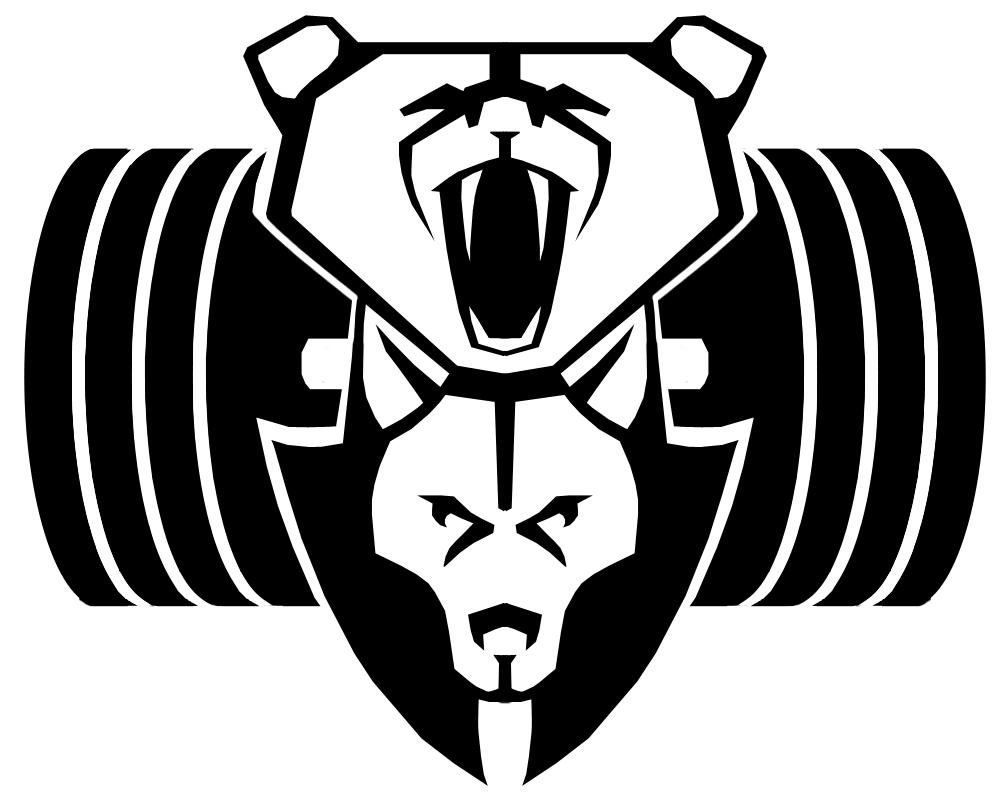HYDRATION
For those that care about their fitness and training, we need to care about how our bodies function.
Things like the processes that allow us to breathe, our blood to flow, our digestion, our concentration, memory, hormones and an extensive variety of other functions that we take for granted.
We are made up of trillions of cells that carry out these tasks for us whilst we concern ourselves with other things. The healthier our cells are - the better the body functions.
Unfortunately, we often compromise all of these processes by not drinking enough water.
Cells need nourishment and adequate water to thrive. If you are dehydrated - you cannot expect them to be at their best. Amongst many other things, this can result in poor skin and hair quality, digestive issues, reduced concentration and a loss of physical performance. It’s not ideal for a modern-day lifestyle, let alone a robust training program.
DON'T SETTLE FOR BEING DEHYDRATED
As a result, being hydrated has a hugely positive effect on any goal and is always the first step to building a stronger diet. We want you to get this fundamental step locked down so that you are in the best possible position to progress. To talk about protein, carbs or calories before concerning yourself with hydration is to try to run before you can walk.
Your overall weight is largely made up of water (60%-70%). So if you weigh 70kg, approx 40-50kg of that weight is water! Because it makes up so much of us, it obviously plays a part in all of the functions within your body. Even a small decrease in your body's total water can result in dehydration. When dehydrated, all of the functions in your body will not be running optimally - this will slow down your results.
a 1% loss in total water will result in reduced cardio performance.
a 3% loss in total water will result in reduced endurance in your muscles.
a 4% loss in total water will result in reduced strength and cognition.
So you don't need to lose a huge amount of water (mainly through going to the toilet or sweating) for the negative effects to kick in. Sure, they aren't going to be significant - but many people accept this as their 'base level' and are happy to not get the most from their energy or effort.
Therefore - Hydration is a primary concern.
Your body will not adapt to being dehydrated. It does not get better at performing in this compromised state. There are no exceptions to this rule.
Both physically and cognitively, it is a simple fact, even if you are getting by and performing well.
If you are not fully hydrated you are not performing at your best.
A big problem is that thirst is a pretty delayed reaction to dehydration. You want to drink frequently throughout the day, particularly when training, to stay hydrated.
WHERE TO GET YOUR WATER
Drinking enough water is essential for staying hydrated, and it's best to have a good-sized water bottle that you can refill regularly throughout the day.
While you do get some water from the food you eat, it's important to focus on the water you drink and exclude sugary or alcoholic drinks. Tap water is safe but filtered or mineral water is better due to the additional minerals they contain. However, the choice of water source is a personal one and won't be the defining factor in your success if you have a varied diet and/or supplement with vitamins/minerals.
HOW MUCH SHOULD YOU DRINK?
Generally speaking, you would look to get in 2-3 litres of water per day. This depends on your size. If you want to get into the nitty-gritty of it - 30-40 ml of water per kilo of bodyweight should do the trick. This should be spread out evenly throughout the day so it can be best absorbed and utilised.
INCREASING YOUR INTAKE
Okay, so if you barely drink any water, the 2-3 litres we just recommended may seem a bit intense. Don't worry, we aren't expecting you to do this overnight.
Increase your intake by a small amount to create sustainability with your routine and build habits.
Small steps will create a habit that you can continue to develop. Far better than you glugging a load of water for a week, only to go back to normal the following week. Remember - we are in this for the long run.
We are breaking this goal into 3 different difficulties. You select the one that best works for you and your lifestyle. If in doubt, select the easier option. Adherence is key - you need to be very confident you can accomplish this task.
I will consume an extra glass of water, every day for one week.
I will consume an extra 500ml of water, every day for one week.
I will consume an extra litre of water, every day for one week.*
*This would only be advised for a small percentage of you if any.
HERE ARE SOME TIPS TO HELP
There are tips to increasing your water intake. Why not try the following:
1.) Drinking a glass of water on waking.
2.) Drinking a glass of water with every meal.
3.) Carrying a large bottle with you everywhere. When it empties, make it a priority to fill it.
4.) Substitute other drinks, like tea, coffee or sugary juices/sodas for simple water.
You aim to prove that you can do this consistently.
Take your time, play the long game and you will find yourself better hydrated.
